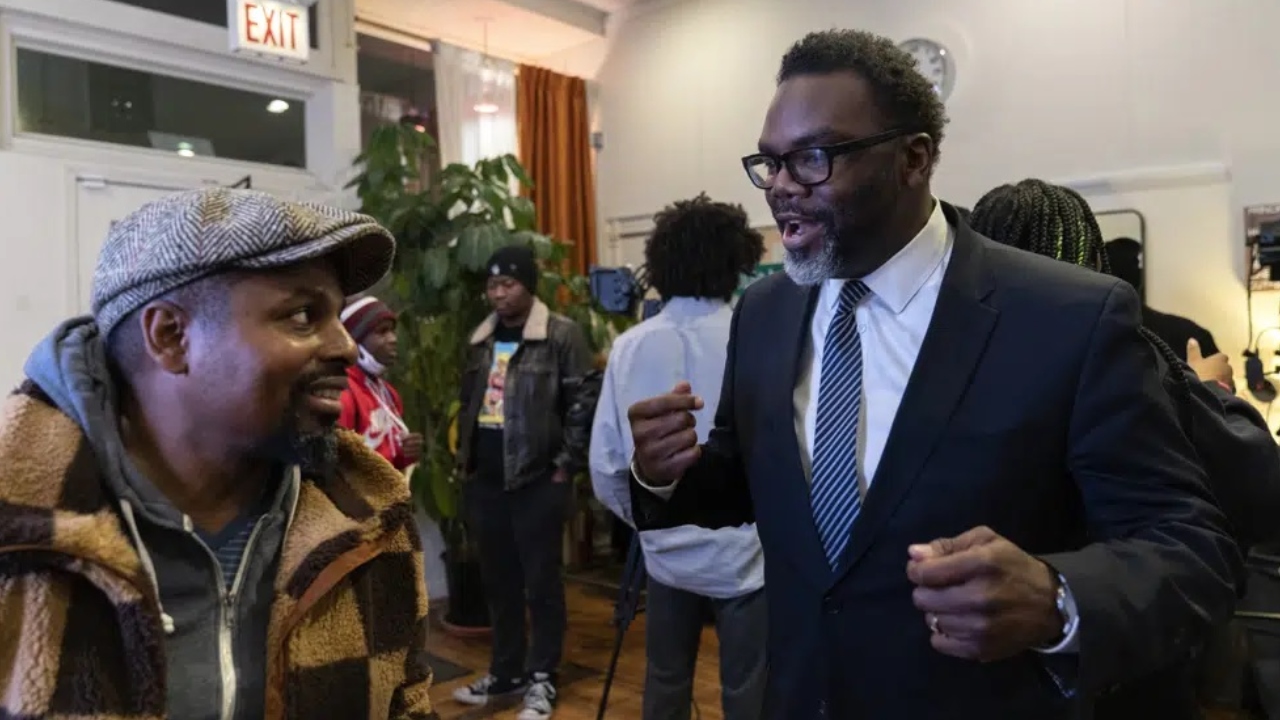CHICAGO (AP) — Chicago is holding a mayoral election Tuesday, but it will likely take weeks — and a runoff election — before a winner is declared. A look at what’s happening:
TUESDAY’S ELECTION
Nine candidates are competing Tuesday for a chance to be Chicago’s next mayor. That includes Mayor Lori Lightfoot, who was elected in 2019 and is seeking her second term.
To win the office outright, a candidate needs to receive more than 50% of the vote. That’s unlikely with such a large field, so the race is expected to go to an April 4 runoff between the top two vote-getters.
The election is officially nonpartisan and is not considered or called a primary, though all the candidates seeking to lead the city, a Democratic stronghold, call themselves Democrats.
WHO’S RUNNING?
In addition to Lightfoot, the candidates are U.S. Rep. Jesus “Chuy” Garcia, former schools CEO Paul Vallas, Cook County Commissioner Brandon Johnson, businessman Willie Wilson, state Rep. Kambium “Kam” Buckner, activist Ja’Mal Green and City Council members Sophia King and Roderick Sawyer.
HAVE RUNOFFS BEEN HELD BEFORE?
Municipal elections became nonpartisan and the runoff system was put in place in Chicago starting in 1999. But there wasn’t actually a mayoral runoff needed until 2015. That’s because Mayor Richard Daley easily won reelection in 1999, 2003 and 2007, getting more than 70% of the vote.
After Daley opted not to run again, former White House chief of staff Rahm Emanuel avoided a runoff in his first mayoral election in 2011. But he was forced into the city’s first mayoral runoff in 2015, after failing to win a majority in the February election. Emanuel faced Garcia, whom he defeated.
In 2019, Lightfoot went to a runoff against Cook County Board Chair Toni Preckwinkle, a contest that Lightfoot won easily.
WHAT ARE THE TOP ISSUES?
Public safety has been the dominant…
Read the full article here



